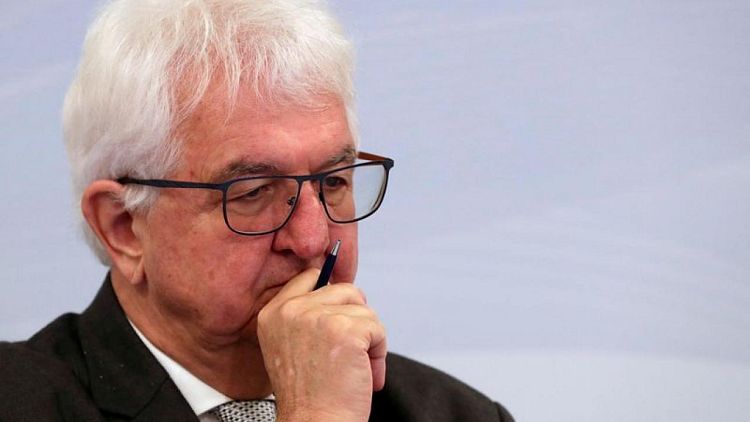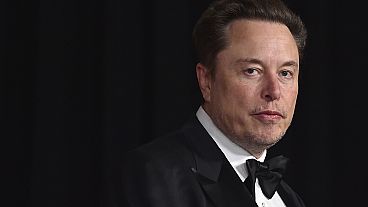VIENNA - The European Central Bank could raise rates as soon as the end of next year, and calling an end to bond purchases would be a strong signal that the move is coming in the next two quarters, Governing Council member Robert Holzmann said on Wednesday.
The ECB last week took another step in rolling back crisis-era stimulus, saying it would end emergency bond purchases in March but temporarily double the pace of its longer-running Asset Purchase Programme (APP) to ease the transition.
"We can reduce or suspend the APP purchases that are still outstanding, and if that happens then it is a price signal to the markets because we have established that only after the suspension or cessation of the purchases will interest rates be increased," Holzmann told a news conference.
"In an extreme case it would be possible ... to suspend the purchases in a data-driven way this year and even so to speak for the interest-rate increase to take place at the end of this year or the beginning of next year, roughly at the same time as the third interest-rate increase in the United States.
"We are always slightly later," Holzmann added, apparently using "this year" to mean 2022.
Holzmann is the governor of Austria's central bank.
Thursday's ECB measures were supported by a majority of policymakers but conservative central bank chiefs from Germany, Austria and Belgium - frequent opponents of the ECB's easy money policies - objected.
The ECB raised its inflation projections across the board and now sees inflation at 3.2% next year, well above target, before a drop to 1.8% in both 2023 and 2024. Several policymakers questioned those projections, arguing that the bank is underestimating the risk of price growth holding above the 2% target.
"Normally if we say we do not need any more (bond) purchases because our inflation expectation is close to or above 2% in 2023 and 2024, then that would definitely be a strong signal that the interest rate will be increased in the following or the following two quarters," Holzmann said.



